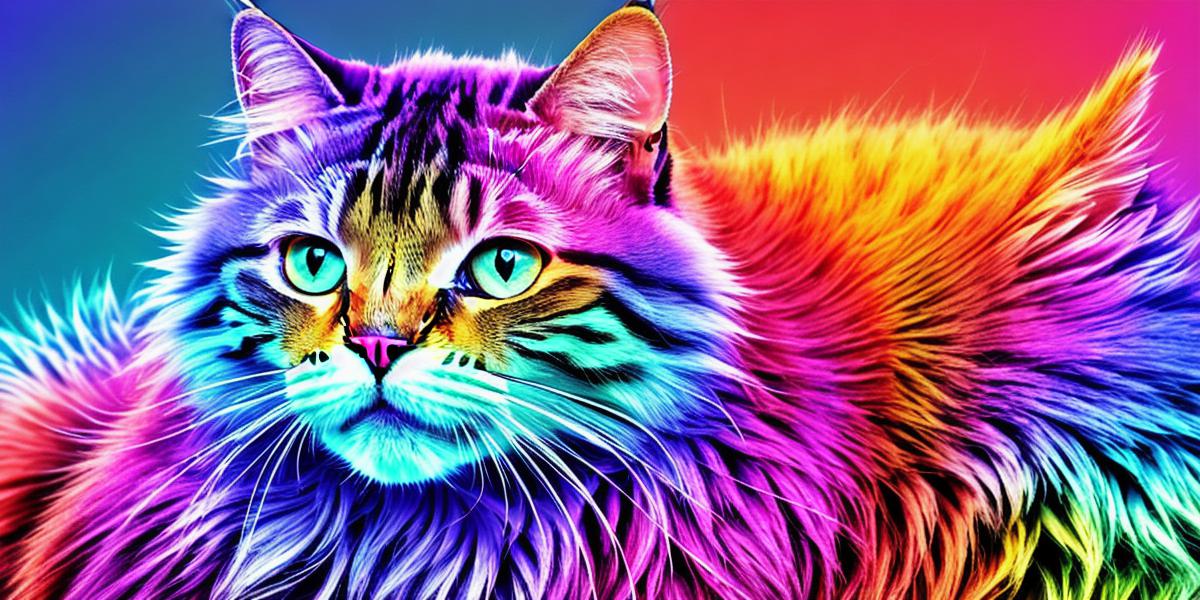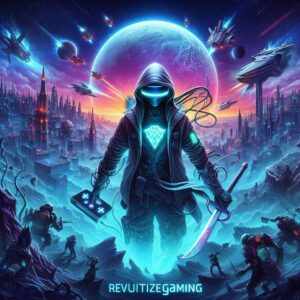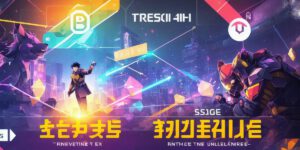Are you tired of the same old card games and collectibles? Are you looking for something new, exciting, and valuable to add to your collection? Look no further! NFT game cards are the latest trend in the gaming industry, and they offer a unique way to own, trade, and collect digital assets.
NFT stands for non-fungible token, which means that each NFT is a unique item with its own set of attributes and value. In the case of game cards, these attributes could include things like rarity, power level, and special abilities. By using blockchain technology to store and manage these digital assets, NFT game cards offer a secure and transparent way to own and trade them.
One of the most popular examples of NFT game cards is CryptoKitties, a decentralized application that allows users to breed and collect unique digital cats. Each cat has its own set of genes, which determine its appearance and abilities, and can be bred with other cats to create new offspring. The rarity and value of each cat are determined by supply and demand, just like real-world collectibles.
Another example is Rare Digital Items (RDIs), which are NFTs that represent in-game items such as weapons, armor, and other equipment. These items can be bought, sold, and traded on marketplaces, just like any other digital asset. By using NFT game cards, players can own unique and valuable items that are tied to specific games, without having to worry about them being taken away or losing their value over time.
The potential uses for NFT game cards are endless. They could be used to create new revenue streams for game developers by allowing players to buy, sell, and trade in-game assets. They could also be used to create new ways to engage and retain players, by offering exclusive content or rewards that can only be obtained through gameplay or trading.
Of course, like any new technology, NFT game cards have their challenges as well. One of the biggest concerns is scalability – how will blockchain networks handle the high volume of transactions that could occur if NFT game cards become mainstream? Another concern is security – how can we ensure that NFTs are protected from hacking or other forms of fraud?
Despite these challenges, however, the potential benefits of NFT game cards are too great to ignore. By offering a new and exciting way to own, trade, and collect digital assets, they have the potential to revolutionize the gaming industry and create new opportunities for players, developers, and investors alike.



